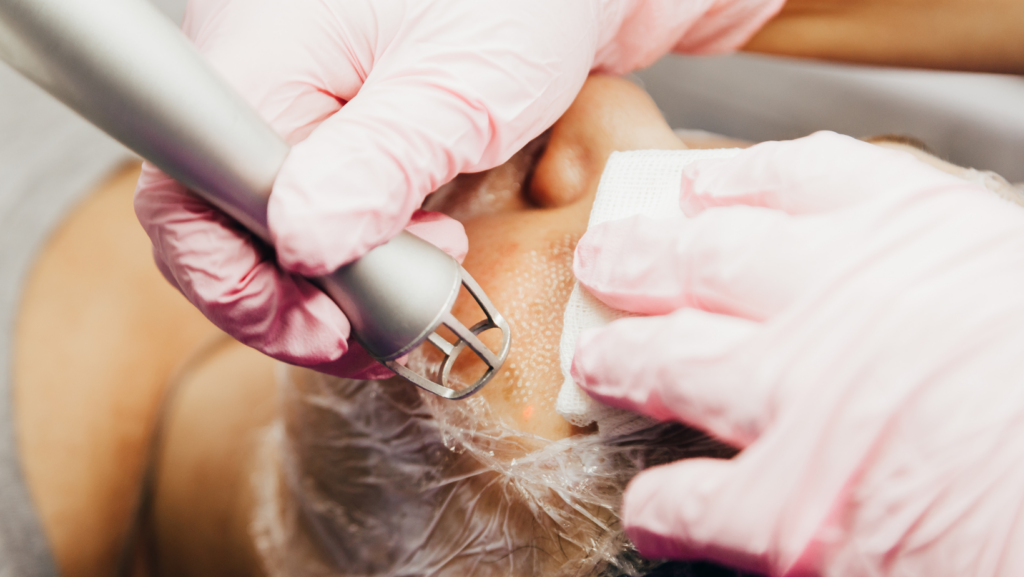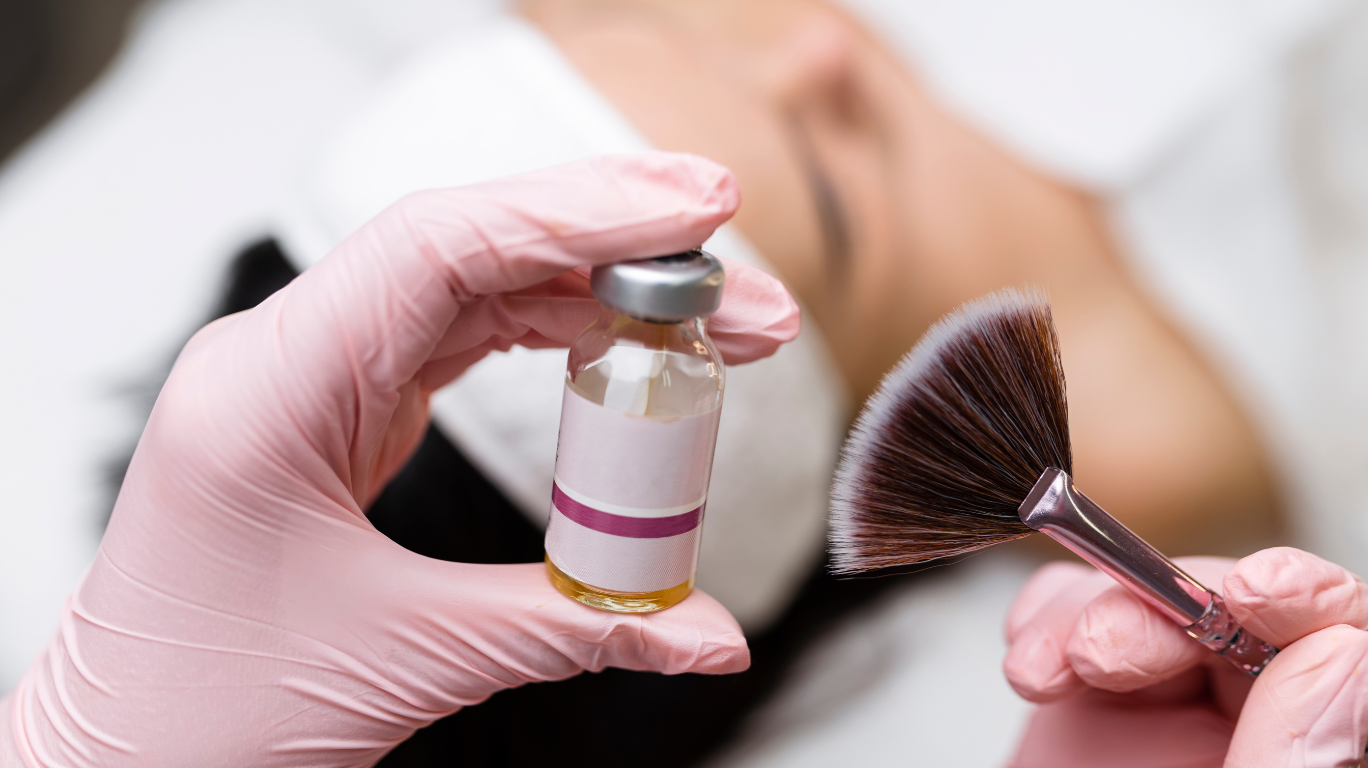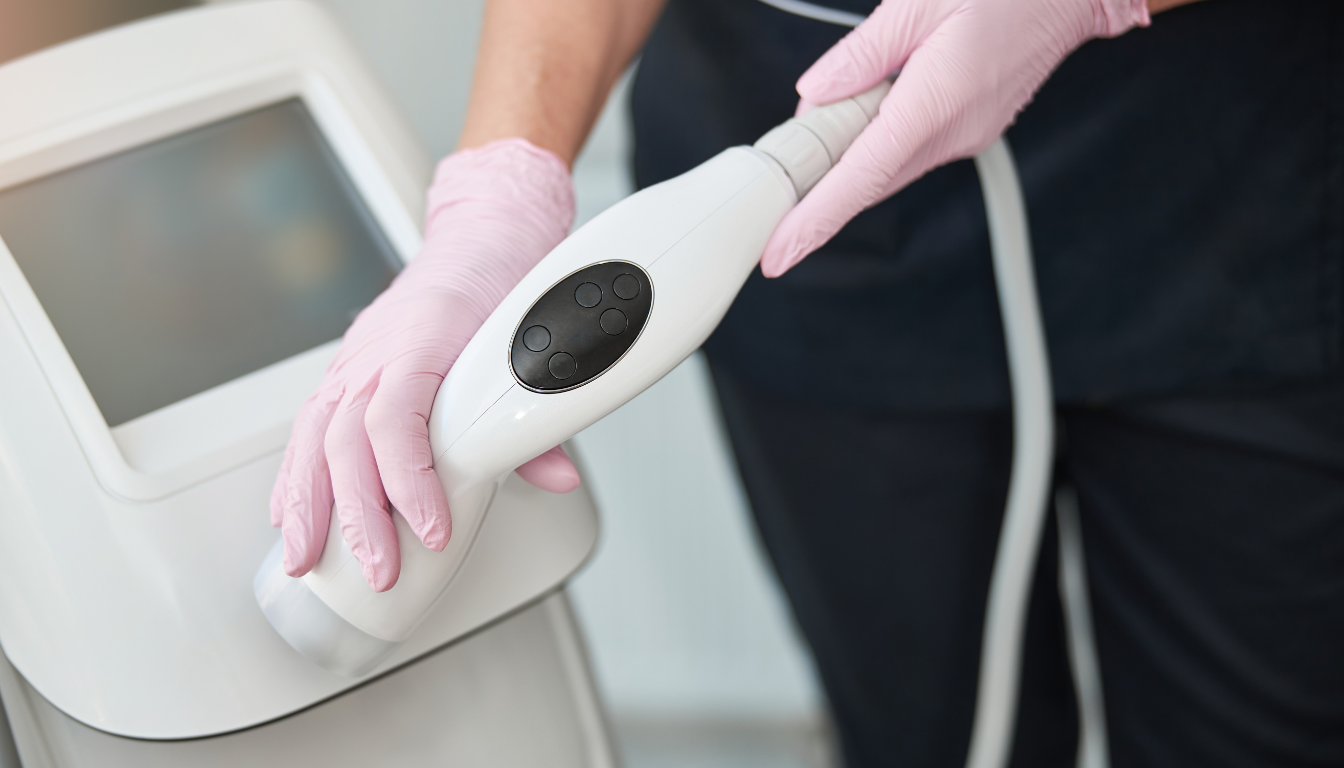Share Post:

Laws and Regulations in Quebec
Understanding Quebec’s Healthcare Regulations
Quebec’s healthcare system is unique in Canada, blending public and private elements. While the Canada Health Act governs the broader strokes of healthcare, Quebec has its own set of regulations that influence how treatments like CO2 therapy are administered.
Regulatory Bodies: The Collège des médecins du Québec (CMQ) and the Ordre des infirmières et infirmiers du Québec (OIIQ) are two key regulatory bodies. They oversee medical practices, ensuring that all treatments meet the province’s high standards for patient safety and care.
Laws Specific to CO2 Treatments
Licensing and Standards: Practitioners offering CO2 treatments must adhere to stringent licensing requirements. These standards are in place to ensure that only qualified professionals administer the treatments, minimizing risks associated with non-surgical cosmetic procedures.
Patient Consent: Quebec law mandates informed consent for all medical procedures, including cosmetic ones like CO2 therapy. This means practitioners must provide comprehensive information about the treatment, including potential risks and benefits, before proceeding.
Impact on Patients and Practitioners
Patient Safety: These regulations prioritize patient safety, ensuring treatments are carried out by qualified professionals in a safe environment.
Accessibility: While strict, these laws also aim to make advanced treatments like CO2 therapy accessible to those who can benefit from them, under safe and regulated conditions.
Implications of Unauthorized CO2 Treatments and Business Insurance
Legal Consequences of Unauthorized CO2 Treatments
In Quebec, providing CO2 treatments without proper authorization can lead to severe legal repercussions. This includes:
- Fines and Penalties: Individuals and businesses caught performing these treatments without the requisite licensing may face substantial fines.
- Legal Prosecution: In cases of significant harm or negligence, criminal charges can be brought against the unauthorized practitioner.
Business Insurance Implications
Business insurance plays a crucial role in the realm of medical and cosmetic treatments. However, for CO2 treatments:
- Voided Coverage: If a business offers CO2 treatments without proper authorization, their insurance may not cover any claims related to these treatments. This lack of coverage extends to any damages or legal fees arising from lawsuits.
- Increased Liability Risks: Unauthorized practitioners increase their risk of facing liability claims, which can be financially devastating without appropriate insurance coverage.
Ensuring Compliance for Business Insurance
- Verification of Credentials: Businesses must ensure that all practitioners providing CO2 treatments are properly licensed and certified.
- Regular Audits and Training: Regularly auditing practices and providing updated training can help maintain compliance with current laws and insurance requirements.
Risk Management Strategies
- Consultation with Legal Experts: Regular consultations with legal experts can help businesses stay informed about changes in regulations and insurance requirements.
- Tailored Insurance Policies: It’s advisable for businesses to work with insurance providers to develop policies tailored to the specific risks associated with CO2 treatments.
Business Insurance and Unauthorized Practice
Offering CO2 treatments in Quebec requires adherence to strict legal and insurance guidelines. Unauthorized practice not only poses risks to patient safety but also exposes the practitioner and the business to significant legal and financial consequences. Proper licensing, continuous training, and tailored insurance policies are essential for mitigating these risks and ensuring the safe and legal provision of CO2 treatments.
Stay Connected
More Updates

Laser Skin Rejuvenation: Turning Back the Clock on Skin Damage
Share Post: Laser Skin Rejuvenation: Turning Back the Clock on Skin Damage As advancements in skincare technology continue to evolve, we are proud to offer

Chemical Peels: Unveiling New, Youthful Skin Layer by Layer
Share Post: Chemical Peels: Unveiling New, Youthful Skin Layer by Layer Embarking on the journey of facial rejuvenation, our exploration takes us to the

Lipo Cavitation: A Non-Surgical Approach to Body Contouring
Share Post: Lipo Cavitation: A Non-Surgical Approach to Body Contouring At Reimagine Clinic, we understand the complexity of body image and the desire for
